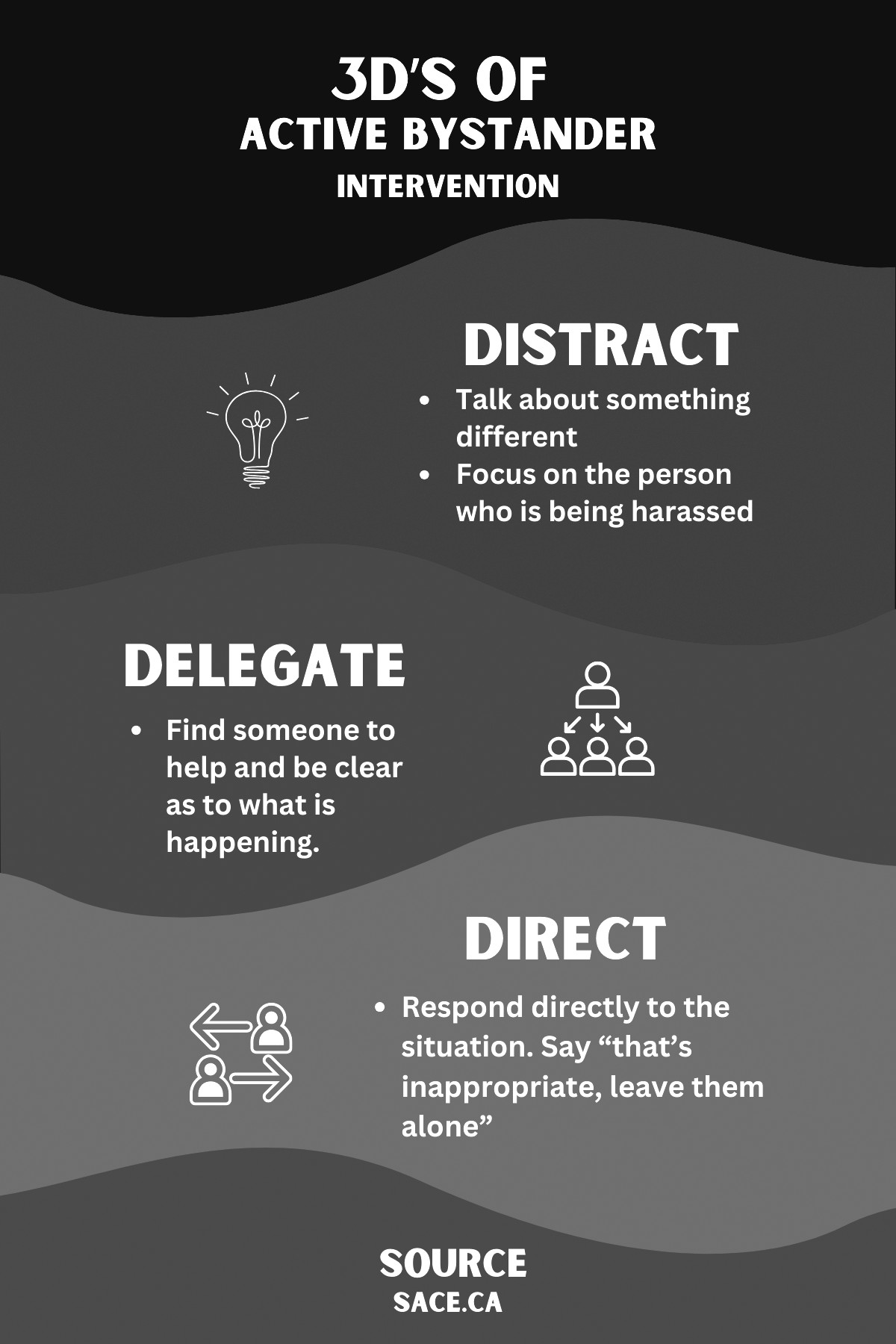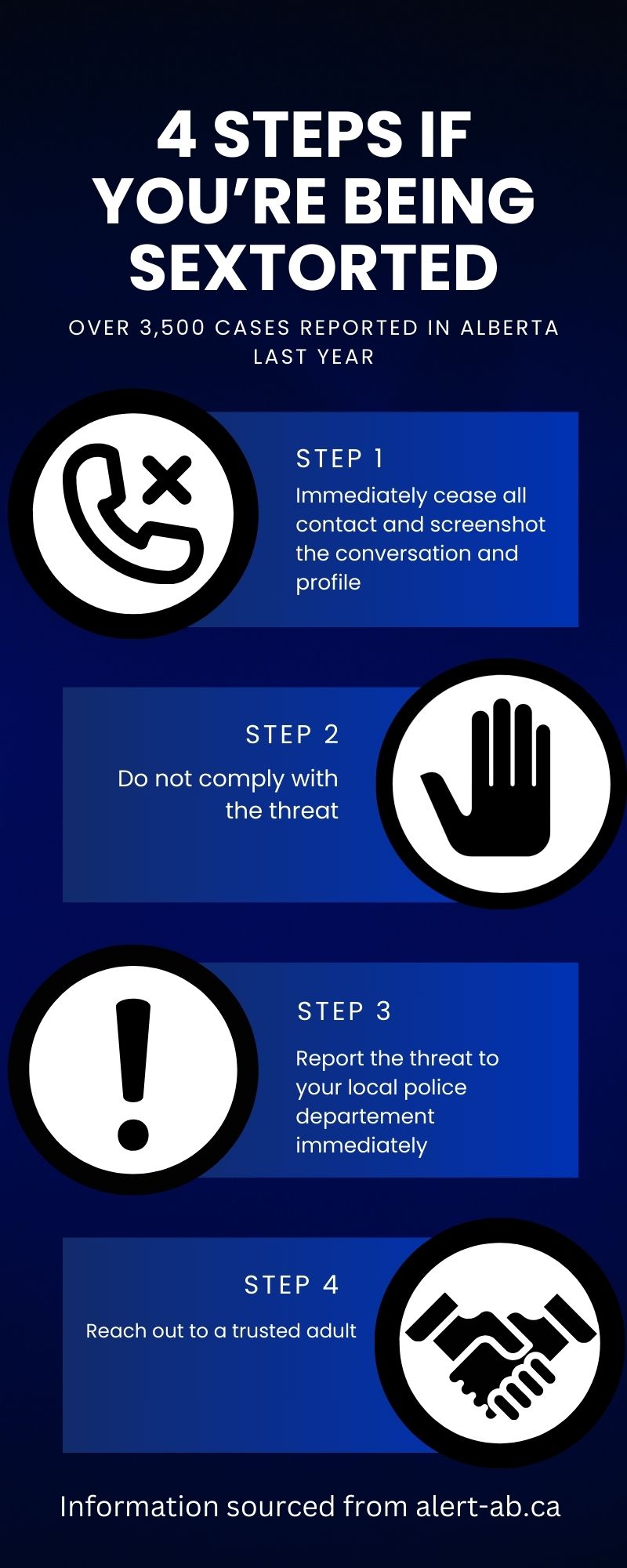SOPA.
You couldn’t go anywhere on the Internet last week without hearing about a controversial bill proposed in the United States.

Introduced back in October, the Stop Online Piracy Act and its sister bill, the Protect Intellectual Property Act, are designed to combat the threat of online piracy. Although it is an issue for sure, the implications these bills have on the Internet are serious.
Under SOPA, the Department of Justice along with copyright holders can get court orders to shut down websites that contain copyrighted material. It can also force Internet service providers to block access to these websites and keep search engines from linking to them. The penalties for streaming copyrighted material have increased to include jail time.
The problem with this bill is that it’s worded vaguely enough for websites that rely heavily on user-generated content to be fined or put out of business. It would force websites such as YouTube or Facebook to monitor their vast websites for anything that could be considered infringement.
In addition to these dangers, any up-and-coming innovation on the Internet could be stopped in its infancy if users posts copyrighted material.
Supporters of these bills include the Motion Picture Association of America and the Recording Industry Association of America, who claim that online piracy has decreased their revenues over the past decade. While this is true, both organizations are still operating in a 20th century mind set rather than a 21st century one.
Organizations like these need to be innovative rather than reactionary and find solutions that will help their bottom line while still allowing the Internet to be open and free.
On a more extreme note, both bills are the first serious attempts at censoring the Internet in North America.
It happens in countries such as China and Egypt, where government hides information that conflicts with their official version of events.
If it were to pass in the U.S., it could affect Canada’s Internet policies. Our servers host many of these websites and if they shut down in the U.S. they would be gone here as well. It could even influence the Canadian government to come up with laws similar to SOPA and pass them here.
These bills are real-life versions of Orwell’s Ministry of Truth in the novel 1984. Governments could easily begin censoring any opinion that differs from their own.
The implications this could have on media are frightening.
The backlash to these bills was swift and severe. Most notably, the English language Wikipedia blacked itself out for 24 hours in protest of the bills. It showed how a website that spent years building itself up could easily disappear if these laws passed. It is estimated more than 7,000 smaller websites were also involved in the protests.
It seems to have worked, as the U.S. House of Representatives have killed the bill. For now.
These bills will not be going away anytime soon. We need to be mindful of what our governments are planning to legislate, lest we lose our freedoms.
Graphic by Charles Lefebvre and Connolly Tate
An example of what the Internet could end up looking like if laws such as the Stop Online Piracy Act (SOPA) pass.



